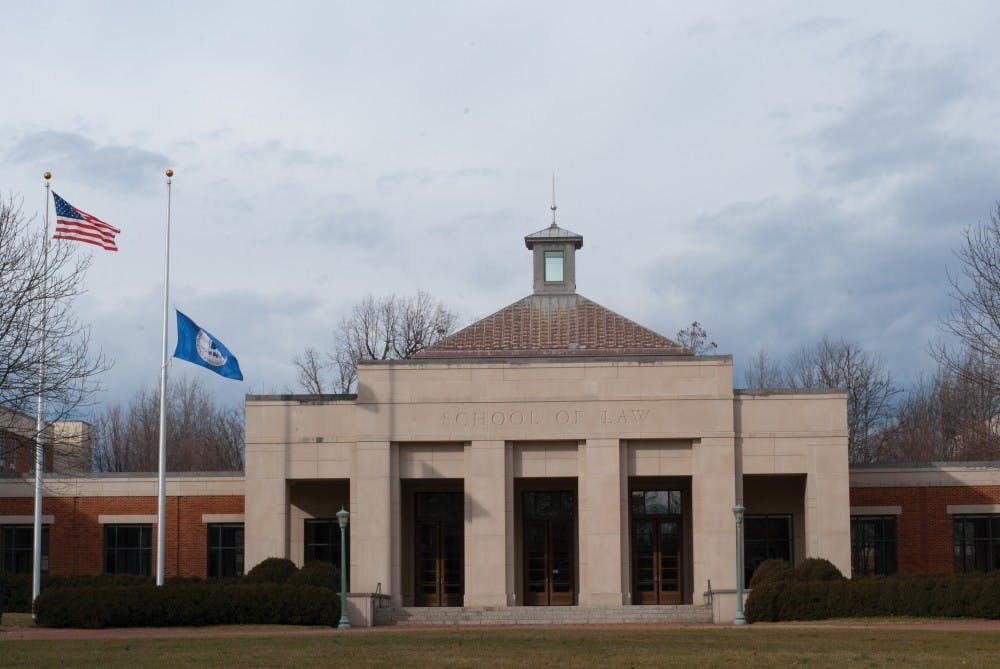The Law School’s student governing body, the Student Bar Association, said in a meeting Monday it will consider passing a resolution to urge students to reject the proposed changes to the University’s Honor system.
The reforms, proposed by the Honor Committee Jan. 21, come in two parts. The first, informed retraction, would allow a student accused of an honor violation to confess and be suspended from the University for one year rather than face a trial and possible expulsion.
The second change involves eliminating random juror selection and replacing it with an jury of elected student honor representatives — a return to a policy the Committee held for the majority of its existence.
“In 1990, random student juries replaced the traditional elected student representative jurors,” the Committee said in a graphic introducing their proposal. “The Honor Committee hopes that this plan will encourage honorable behavior, restore faith in the system and strengthen the Community of Trust.”
But the proposed changes met fierce opposition when Law School students received a letter from the Law School’s Honor Committee representatives detailing the proposed changes.
Second-year Law student Ron Fisher, who voiced his concerns to the association Monday, said though he thinks informed retraction may encourage cheating, elected jurors are a much more troubling proposition.
“They call them jurors, but in law you would never call this a jury,” said Fisher. “In law this is called an inquisition. This is not a jury, and that’s our main point. It’s going to create a body that is more likely to convict than a normal randomly selected jury.”
Fisher also expressed concern about the voting procedure for these changes, because both measures are coming to a vote at the same time.
Much of the Student Bar Association’s discussions of the proposal has focused on its merits, said second-year Law student Kyle Mathews, the Law School representative to the University Judiciary Committee, so he requested Fisher speak at the body’s meeting to voice the pervasive concerns within the Law School.
The bar association will meet next Monday to discuss the merits of passing the resolution, as well as whether to criticize the Committee for coupling the provisions.
“We feel almost obligated to grab people’s attention,” said Drew Hollander, second-year bar association representative. “We want to students to know, including undergraduate students, because these changes will affect all students.”
The proposed changes go against the principles of a community of trust, Fisher said.
“We randomly select jurors for all criminal cases in the U.S.,” he said. “Literally anyone in a society can be put on the jury. What Honor is claiming is that the jury pool of the University of Virginia, even though we have one of the most intelligent jury pools in the country, thinks that we are not capable of understanding trial procedure. If no one hears these are bad ideas, no one will confront them.”







